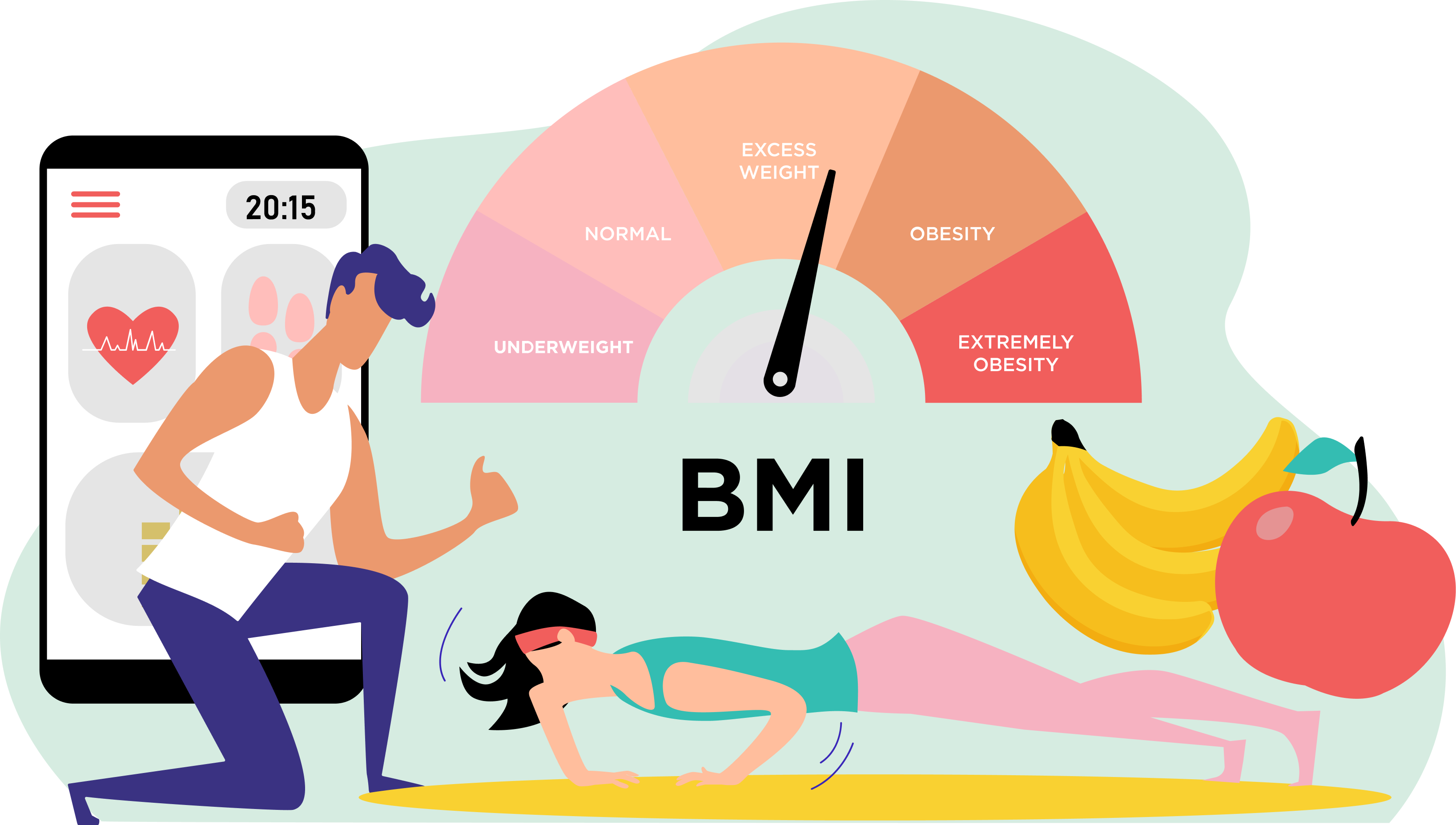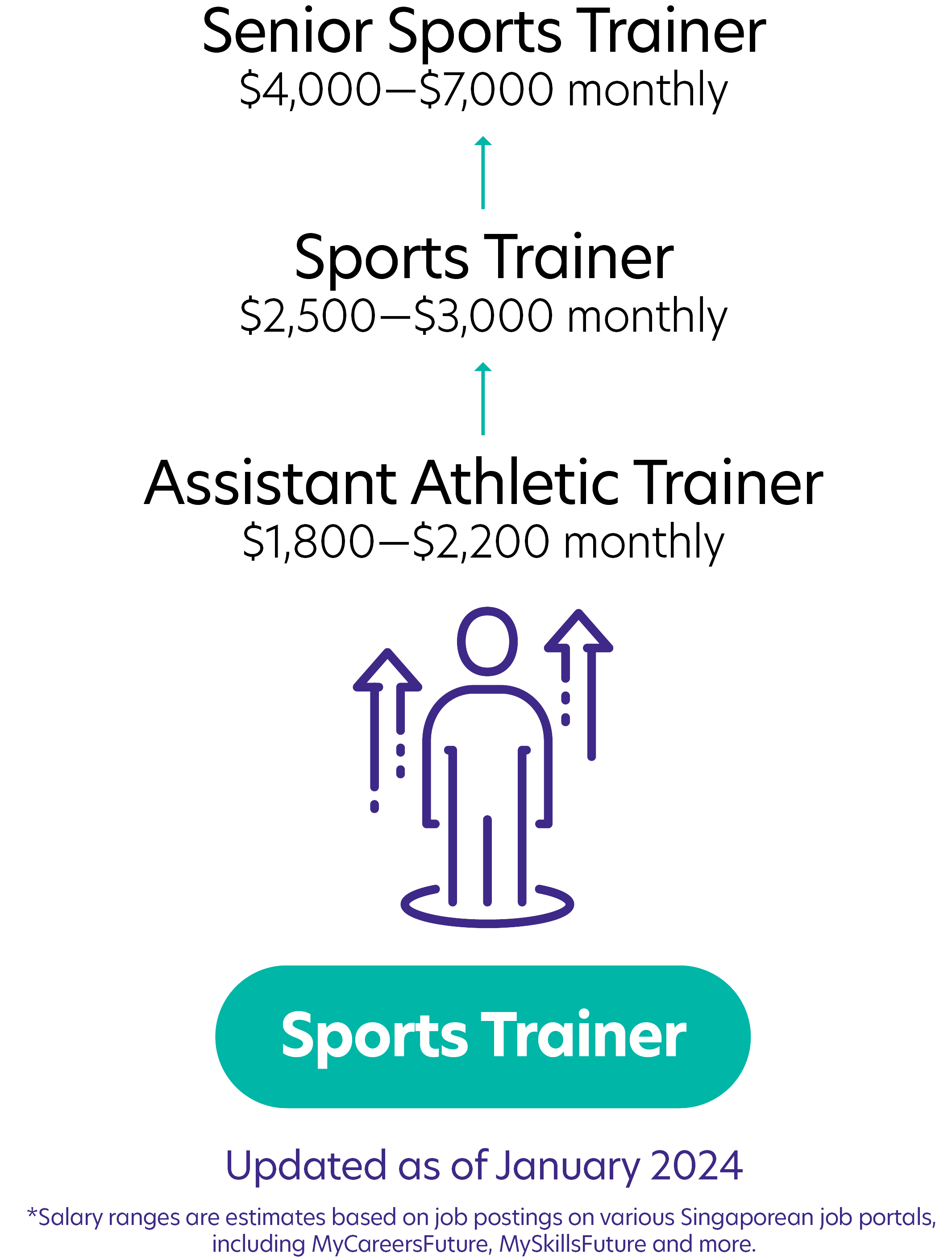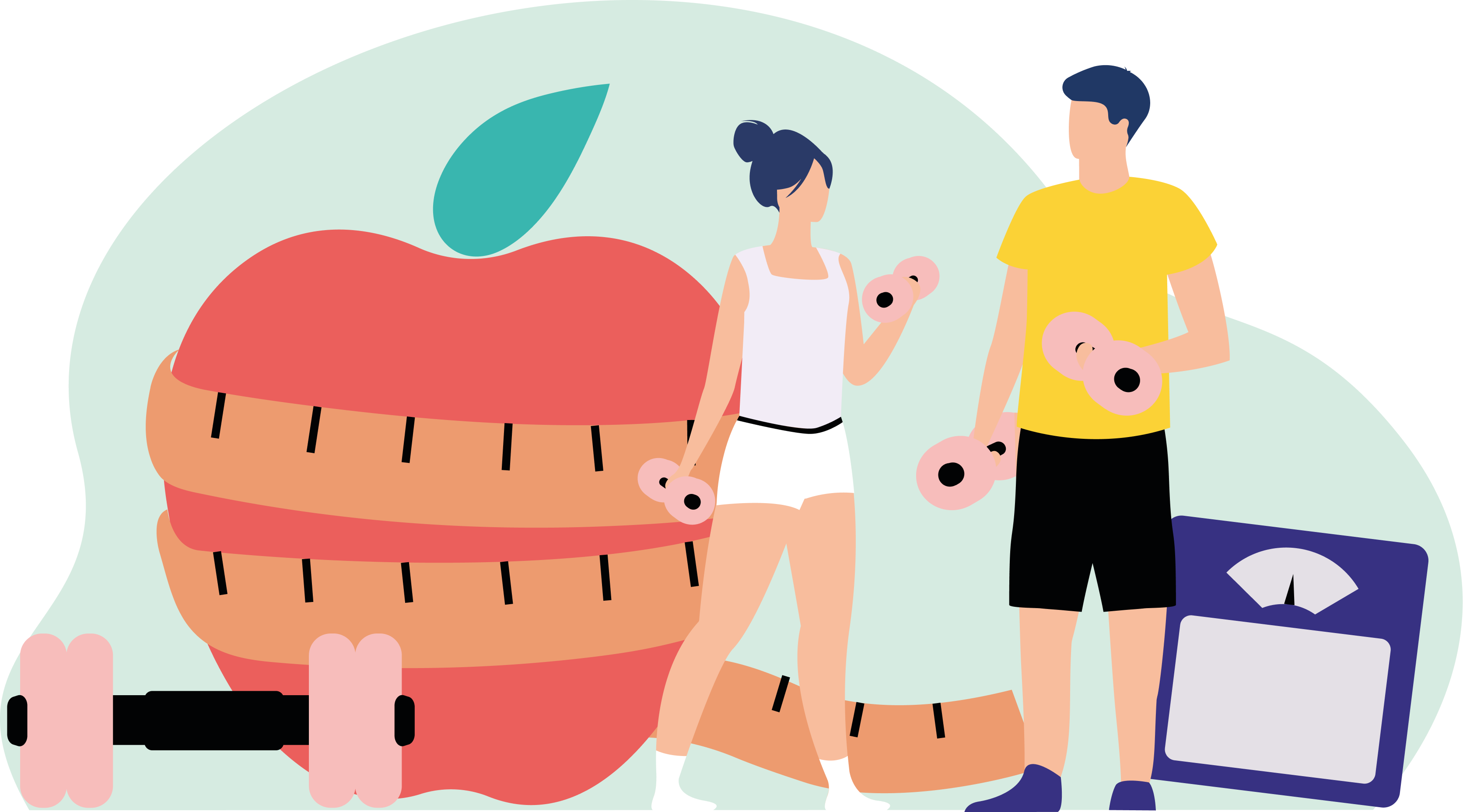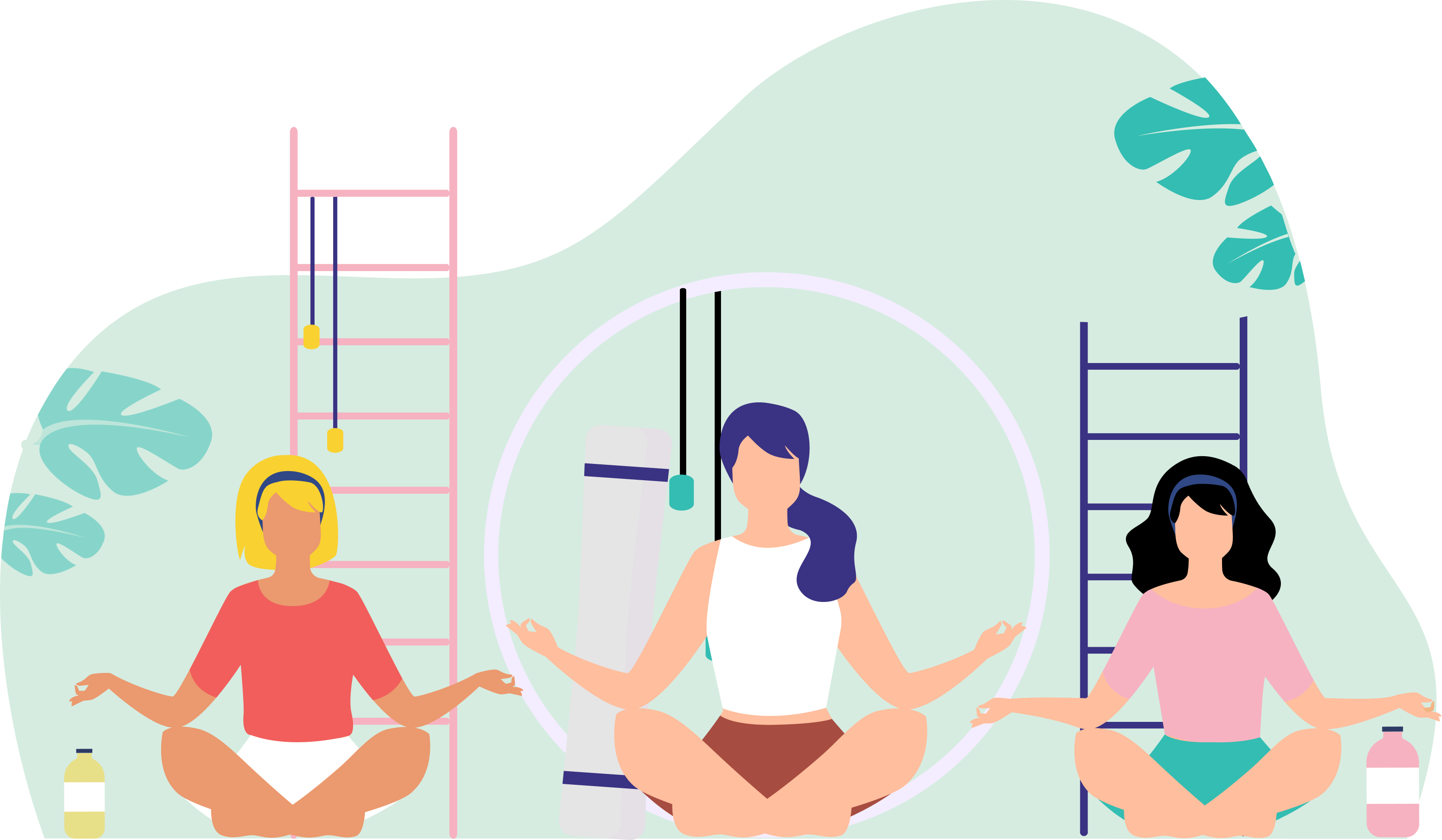
Sports Trainers help individuals, such as Athletes and Performers, be in their best condition by planning training regimes, managing sports injuries, and ensuring personalised support to maintain peak performance levels.
- Understand the needs, strengths and weaknesses of the Athletes.
- Collaborate with Doctors and sports Coaches to formulate Athletes’ training regimes, adjusting plans as necessary based on the Athlete's progress.
- Help Athletes prevent sports injuries by incorporating the latest research in Sports Medicine, Physical Therapy, and Exercise Science.
- Assist injured Athletes in their recovery so they can return to peak performance safely and efficiently.
- Formulate training plans to strengthen Athletes’ physical abilities and enhance their performance.
- Stay updated and knowledgeable about different specialised sports and how to help the Athletes excel in them.
Note
Sports Trainers work with individual Athletes or an entire team and even get to travel overseas with them! Furthermore, part-time Sports Trainers can pursue further education (e.g. a university degree) while working.
Nature of Work
You must come up with regimen training and rendering pitch-side first aid.Key Advice
Stay updated with training methodologies, nutrition advice and injury prevention strategies. Also, obtain relevant certifications and specialisations.-
Entry RequirementsEntry Requirements
- Minimally, you should have a Sports diploma from a polytechnic, such as Republic Polytechnic, or a private institution, such as PSB Academy.
- Having a relevant Nitec qualification or a National Trade Certificate (NTC) Grade 2 would suffice as well. Additionally, a Certificate in Office Skills from any recognised institution will be helpful.
- There are also other relevant courses from the Singapore Sports Council and Football Association of Singapore that would boost your credentials as a Sports Trainer!
-
Possible PathwayPossible Pathway

Standard First Aid (SFA) Certification
Having the essential skills to provide immediate care in common emergency situations.CPR/AED Certification
Equips a Sports Trainer with life-saving skills to respond effectively in cases of cardiac emergencies.Physical Fitness
Allows them to demonstrate exercises effectively and serves as a role model of health and fitness.Organisational Skills
To manage schedules, plan workout sessions, and maintain records efficiently.Good Oral and Written Communication Skills
Provide clear instructions, offer constructive feedback, and communicate effectively.Interpersonal Skills
Crucial for building rapport with clients and understanding their unique needs and motivations.Related Job Roles
Explore Other Programmes
Browse AllYou have bookmarked your first item!
Find it in My Discoveries with insights on your interests!










